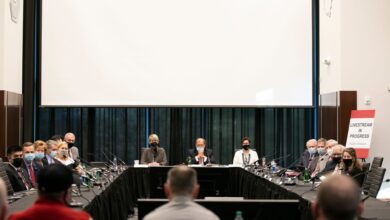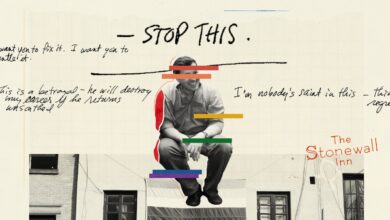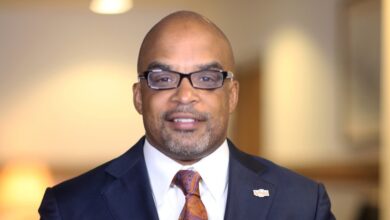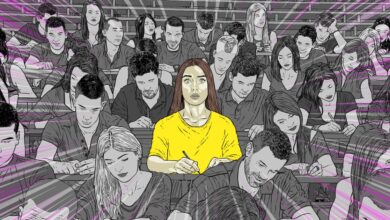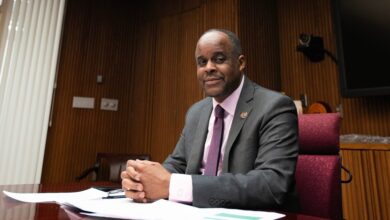Are Diversity Statements Illegal?
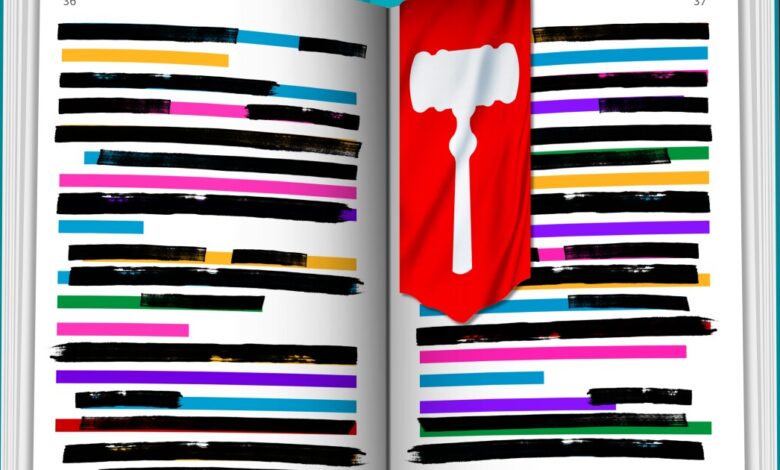
As a growing number of colleges around the country have stopped using diversity statements, a lawsuit filed against the University of California system in May appears to be the first to directly challenge their legality. Experts are divided on whether the use of such statements by public colleges will pass legal muster.
John D. Haltigan, the plaintiff, is being represented pro bono by the nonprofit Pacific Legal Foundation. He is arguing that the University of California system’s use of diversity statements in hiring violates the First Amendment and represents unconstitutional viewpoint discrimination. Haltigan wants to apply for a tenure-track position in the psychology department at the University of California at Santa Cruz and is asking the court, among other things, for an injunction that would allow him to apply without submitting a diversity statement. The university system has required diversity statements in applications for tenure-track positions and promotions since 2018.
Haltigan describes diversity statements as modern-day loyalty oaths, comparing them to the anti-Communist pledges demanded of faculty members during the McCarthy era — a particularly sensitive topic at the University of California, which was notorious for firing professors over the pledges.
Haltigan argues that his commitment to colorblindness and viewpoint diversity, his objections to diversity, equity, and inclusion “ orthodoxy,” and his belief that a person should be considered based solely on individual merit mean he cannot compete for the Santa Cruz job. He referred a request for comment to his lawyers but posted on a blog in February that he believes “the DEI rubric in the academy has … contributed to creating a corrosive and hostile environment that is intolerant of viewpoint diversity and is anathema to high-quality research and teaching.”
The blog post includes a passage he wrote in response to the diversity-statement portion of the job application. He wrote that he has served as a mentor to “several students from underrepresented minority groups” and described how his previous research, “published in Child Development, provided insight into how the legacy of economic hardship may, in conjunction with biological and genetic factors, contribute to different stylistic ways of talking about early-life-attachment experiences among African American pregnant women.” The Pacific Legal Foundation has been seeking a plaintiff to challenge diversity statements for years and connected with Haltigan after his blog post was published.
Diversity statements typically ask job applicants — or employees seeking promotion or tenure — to discuss how they can contribute to a college’s diversity, equity, and inclusion goals. Supporters say the statements allow colleges to take relevant skills and experience into account as they seek to recruit and retain a diverse student body, a challenge that has grown increasingly critical as the nation’s demographics shift and many institutions battle shrinking enrollments.
Diversity statements have been used in higher education for nearly a decade, but they took off after the murder of George Floyd. In recent months a handful of states, universities, and state university systems dropped them, typically citing concerns about academic freedom. Lawmakers in 10 states have filed bills to ban colleges from using diversity statements, according to the Chronicle’s database of legislation to restrict DEI efforts in higher education.
Public universities have a First Amendment right to have their own values and mission statements, said Zach Greenberg, a senior program officer with the Foundation for Individual Rights and Expression, which has warned that diversity statements could be used as political litmus tests. But colleges may not force students or faculty members to adhere to values and mission statements, Greenberg said, “if they’re in political terms.”
“So, a university may say that we are antiracist, we believe in DEI, but we also welcome those with opposing views,” Greenberg said. A university can even encourage faculty to share those views, as long as it doesn’t cross the line into compelling them, he said.
While private employers are generally allowed to practice viewpoint discrimination, public universities, like other public employers, typically cannot discriminate based on political beliefs. “A public university can’t require its faculty to have certain beliefs,” said Brian Leiter, a professor of jurisprudence and director of the Center for Law, Philosophy, and Human Values at the University of Chicago, who has been a vocal critic of diversity statements. “No matter how laudable one thinks the beliefs are, it’s not allowed. And that’s just true of any public employer. There are very narrow exceptions.” Courts have ruled that government can base hiring decisions on political viewpoints only in very limited cases, such as political appointments, Leiter added.
A public university can’t require its faculty to have certain beliefs.
But do diversity statements require a particular political viewpoint? Keith E. Whittington, a professor of politics at Princeton University, said that diversity statements, as they are commonly used in academe, “definitely run afoul of these kinds of viewpoint discrimination concerns.” For example, Whittington pointed to evaluation rubrics from the University of California system that downgrade applicants who say they treat every student equally. The rubric used by the University of California at Santa Cruz, for example, gives applicants less credit if they describe “only activities that are already the expectation of our faculty such as mentoring, treating all students the same regardless of background, etc.”
“There’s a real tendency to want to extrapolate from people’s political views, that may be publicly expressed, to make inferences about how they might treat students in the classroom,” said Whittington, who also serves on the academic committee of the Academic Freedom Alliance, a group of faculty members who seek to uphold academic freedom, which has urged colleges to stop requiring diversity statements.
Brian Soucek, a professor of law at the University of California at Davis, has argued that diversity statements can be constitutional, if used correctly. He previously served as chair of a systemwide committee on academic freedom for the University of California that provided input for the university system’s latest recommendations on the use of DEI statements.
Soucek recommends that in order to avoid infringing on academic freedom, faculty members, rather than administrators, should determine how to judge applicants. In order to avoid comparisons to loyalty oaths, he recommends that colleges ask what applicants “have done or plan to do, not what they believe, when it comes to advancing diversity, equity, and inclusion in their field.”
And regarding viewpoint discrimination, Soucek argues that the central question is not whether applicants are being judged on their viewpoints, but whether those perspectives are relevant to the position in question. An immigration-asylum clinic, for example, could legitimately ask about an applicant’s views on immigration, Soucek said, but it would appear to be constitutionally problematic if a law school asked an applicant for a bankruptcy professor position about immigration.
In Haltigan’s case, Soucek said, the University of California at Santa Cruz is hiring for an assistant professor of developmental psychology to enhance the program’s “long-established strengths in studying the lived experiences of children and youth from diverse backgrounds.” According to the job posting, the department seeks candidates whose research explores areas such as “cultural assets that promote healthy development in the contexts of inequities related to gender, ethnicity/race, social class, and/or sexuality” and “conditions and practices that leverage the psychological strengths of children from historically underserved backgrounds in the U.S. or other countries.”
For that particular position, Soucek said, “it would seem especially strange for somebody to come in and say, ‘I believe in colorblindness and refuse to see people’s race or ethnicity.’”
“The position, after all, is about the diverse, lived experiences of children of different backgrounds,” Soucek said.
Source link


